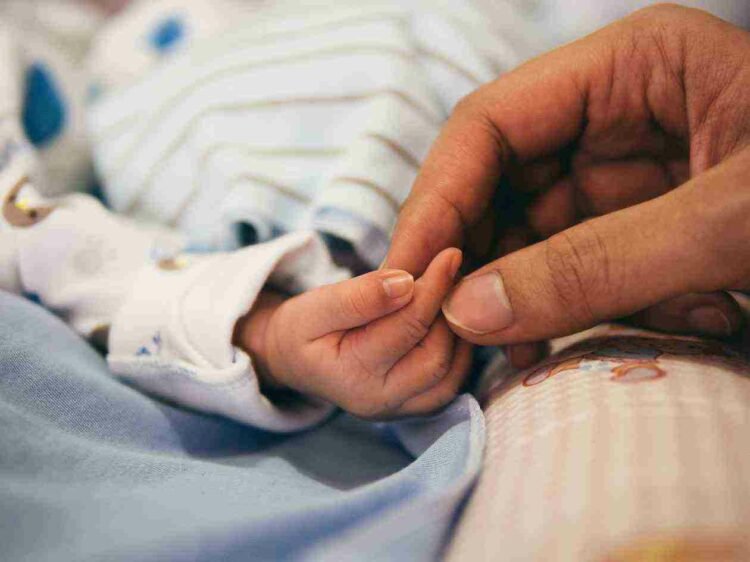By Sarah Ramya
The world has recognized the power women have for changing and transforming lives. Constantly fighting for their voice to be heard at home or at the workplace, over the decades, women have developed the potential to change their own circumstances or that of their family. In a way, they are naturally inclined to take the lead in social causes and if given a chance, they can be agents of change for the society. Anganwadi workers in India epitomize this inherent strength of women, who can be the catalysts in honing the health of mothers and their children in smaller towns and villages, across the country.
India’s Integrated Child Development Scheme (ICDS), the world’s largest childcare programme, provides food, preschool education and primary healthcare to children under six years of age and their mothers under one umbrella – the Anganwadi centers. The person responsible for on-ground implementation is called the Anganwadi Worker, who provides hot meals, take-home supplements, ensures immunization for the children, health check-ups and referral services along with creating awareness on health and nutrition.
Though women in rural India may not have access to the best healthcare themselves, many of them work as anganwadi workers to provide health care services to most needed communities. Usually, she is a local woman from the village, between 18 to 35 years of age and educated up to Class 10, working as an agent of change in healthcare.
Senani Devi, who works as an anganwadi worker is a familiar name in the Kumardi village in Bokaro District. The villagers talk fondly about her steadfast affinity to the wellbeing of the children. Along with regular home visits to track the health status of children she also teaches young women to take care of themselves. With convincing skills as her biggest strength, she persuaded parents to bathe their children every day and inculcated among them the habit of washing hands before meals. During one of her home visits, Senani Devi saved an 18-month-old severely malnourished baby Radhika, weighing only 5 kgs by enrolling her into a Community-based Management of Acute Malnutrition (CMAM) program at the Out-Patient Treatment Program (OTP) Center.
Likewise, Sowmya, an anganwadi worker in Chas Village, Bokaro District, closely works with the communities there. When Tanushri, a 17-year-old mother got pregnant for the second time, she stopped breast-feeding her 4-month old baby, who weighed 2 Kgs at birth and continued to be severely malnourished. Sowmya took the baby to an OTP center and recommended her to the regular feeding program, eight months later she weighed 12.5 kgs.
Vibha, who delivered her baby girl weighing only 2 kgs at birth at home feared that her child would die as she was growing weaker by the day. Along with breast-feeding, she also tried to feed the child buffalo milk, but it worsened her condition. Vimala Bai an Anganwadi worker came to the rescue and took the baby to the OTP center for Malnutrition Treatment.
These three women have played a pivotal role in saving lives of these babies. Efforts of thousands of anganwadi workers in the country are silently influencing communities and transforming lives for better, giving us confidence that they are the major force fighting India’s war against malnutrition. As we celebrate International Women’s Day this month, lets recognize the contribution of these silent agents of change, laud their hard work in nurturing a healthy India, thereby ensuring a better future for our children.

World Vision India has collaborated with Jharkhand State Nutrition Mission and implemented Community based Management of Acute Malnutrition (CMAM) program in the blocks of Chas and Chandhankeyari (Bokaro District, Jharkhand).
(Sarah Ramya is a Child Rights Activist & Policy Researcher (Urban Poor) who has worked towards social justice since 14 years. She is currently Media Relations Coordinator with World Vision India.)




























